The 6-Kingdoms of life -> construction
Construction
Construction is the process of building or assembling infrastructure, buildings, or other structures. It involves planning, designing, and executing various activities to create a finished product. Construction projects can range from small-scale residential buildings to large-scale commercial properties and infrastructure projects such as roads, bridges, and dams.
Key Concepts in Construction:
- Planning: This involves the initial stages of a construction project, including setting goals, creating a budget, and establishing a timeline.
- Design: The architectural and engineering plans that guide the construction process, including blueprints, structural drawings, and material specifications.
- Site Preparation: Clearing the construction site, leveling the ground, and ensuring the area is ready for building.
- Foundation: The base structure that supports the weight of the building, typically made of concrete or stone.
- Materials and Methods: The selection of construction materials such as wood, steel, concrete, and the techniques used to assemble them, including framing, welding, and pouring concrete.
- Utilities: The installation of essential systems such as plumbing, electrical, and HVAC (heating, ventilation, and air conditioning).
- Finishing: The final touches that make a building functional and aesthetically pleasing, including interior design, painting, and landscaping.
- Project Management: The coordination of various teams, resources, and timelines to ensure the successful completion of the construction project.
Study Guide:
To understand the topic of construction, it's important to familiarize yourself with the following key areas:
- Learn about the different types of construction materials and their properties.
- Understand the significance of architectural and engineering designs in the construction process.
- Explore the role of construction workers, architects, engineers, and project managers in a construction project.
- Study the environmental and sustainability considerations in construction, including green building practices and energy-efficient designs.
- Examine the safety protocols and regulations that govern construction sites and the importance of adhering to them.
- Research notable construction projects and their impact on society and the environment.
By gaining a comprehensive understanding of these aspects, you will have a solid foundation in the field of construction and be better equipped to explore related topics such as civil engineering, architecture, and urban planning.
.◂Science Worksheets and Study Guides Fifth Grade. The 6-Kingdoms of life
Study Guide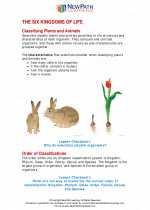 The 6-Kingdoms of life
The 6-Kingdoms of life  Activity Lesson
Activity Lesson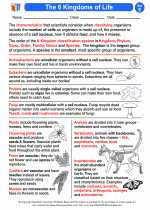 Kingdoms
Kingdoms  Worksheet/Answer key
Worksheet/Answer key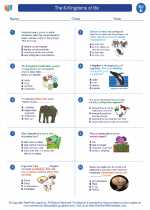 The 6-Kingdoms of life
The 6-Kingdoms of life  Worksheet/Answer key
Worksheet/Answer key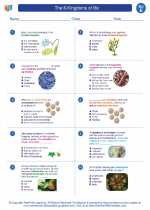 The 6-Kingdoms of life
The 6-Kingdoms of life  Worksheet/Answer key
Worksheet/Answer key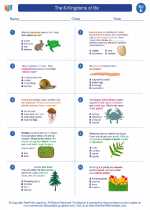 The 6-Kingdoms of life
The 6-Kingdoms of life  Worksheet/Answer key
Worksheet/Answer key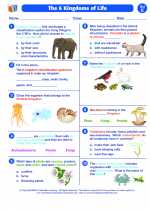 The 6-Kingdoms of life
The 6-Kingdoms of life  Vocabulary/Answer key
Vocabulary/Answer key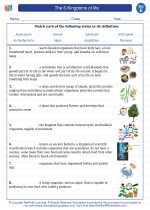 The 6-Kingdoms of life
The 6-Kingdoms of life  Vocabulary/Answer key
Vocabulary/Answer key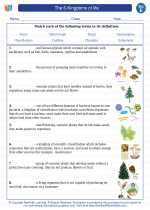 The 6-Kingdoms of life
The 6-Kingdoms of life  Vocabulary/Answer key
Vocabulary/Answer key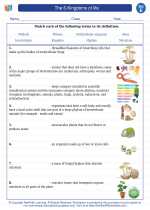 The 6-Kingdoms of life
The 6-Kingdoms of life  Vocabulary/Answer key
Vocabulary/Answer key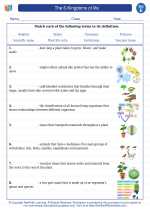 The 6-Kingdoms of life
The 6-Kingdoms of life 

 Activity Lesson
Activity Lesson
 Worksheet/Answer key
Worksheet/Answer key
 Worksheet/Answer key
Worksheet/Answer key
 Worksheet/Answer key
Worksheet/Answer key
 Worksheet/Answer key
Worksheet/Answer key
 Vocabulary/Answer key
Vocabulary/Answer key
 Vocabulary/Answer key
Vocabulary/Answer key
 Vocabulary/Answer key
Vocabulary/Answer key
 Vocabulary/Answer key
Vocabulary/Answer key

The resources above cover the following skills:
Concepts of Life Science (SC1, SC2, SC3)
The student demonstrates an understanding of the structure, function, behavior, development, life cycles, and diversity of living organisms by identifying and sorting animals into groups using basic external and internal features.